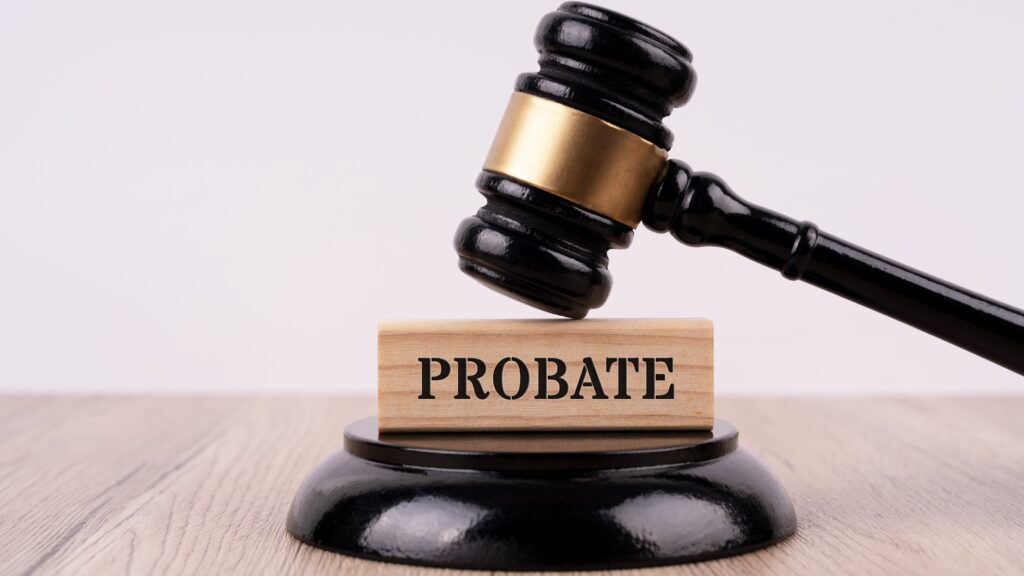Common Misconceptions About Texas Probate Law
Many people hold misconceptions about probate law in Texas, often believing that it is a lengthy and overly complicated process. In reality, while probate can involve various legal steps, understanding the basics can demystify the process and help families navigate it more effectively.
For instance, some individuals think that all assets must go through probate, but this is not always the case. Certain assets, such as those held in a trust or joint ownership properties, can bypass probate entirely, simplifying the estate settlement process for surviving family members.
Steps to Take After a Loved One Passes Away
When a loved one dies, it can be overwhelming to know what steps to take regarding their estate. The first step is to locate the deceased's will, if one exists, and determine whether probate will be necessary based on the estate's size and the nature of the assets involved.
Following this, it is crucial to gather important documents, such as death certificates and financial records, and to consult with a probate attorney to understand the specific requirements for filing in Texas. This proactive approach can help alleviate stress during a difficult time.
Understanding Texas Intestacy Laws
Intestacy laws in Texas dictate how an estate is distributed when someone dies without a valid will. Under these laws, the state has specific guidelines on how property is divided among surviving relatives, which can vary significantly based on the family structure.
For example, if the deceased had children but no spouse, the estate is typically divided equally among the children. Understanding these laws is essential for heirs to ensure that they receive their rightful inheritance and to avoid potential disputes among family members.
Probate Alternatives: What You Need to Know
For some, the probate process may not be the best option due to its time-consuming nature and potential costs. Fortunately, there are alternatives available that can help streamline the transfer of assets without going through traditional probate.
One common alternative is the use of a living trust, which allows individuals to transfer their assets into the trust during their lifetime. Upon their passing, the assets can be distributed to beneficiaries without the need for probate, providing a more efficient and private means of asset transfer.




